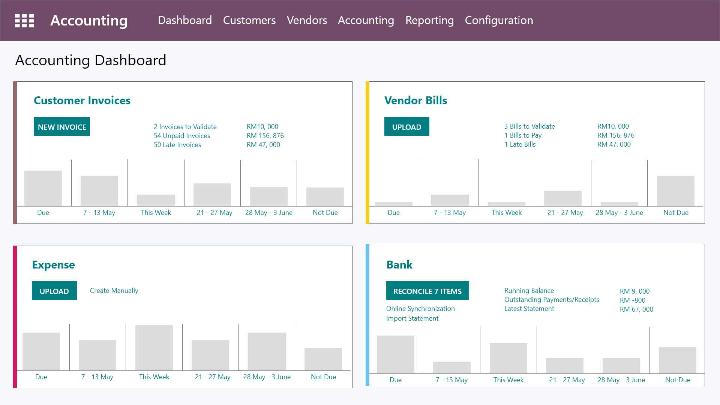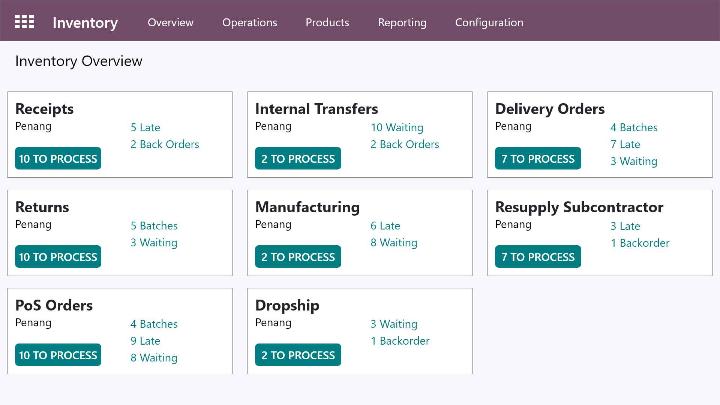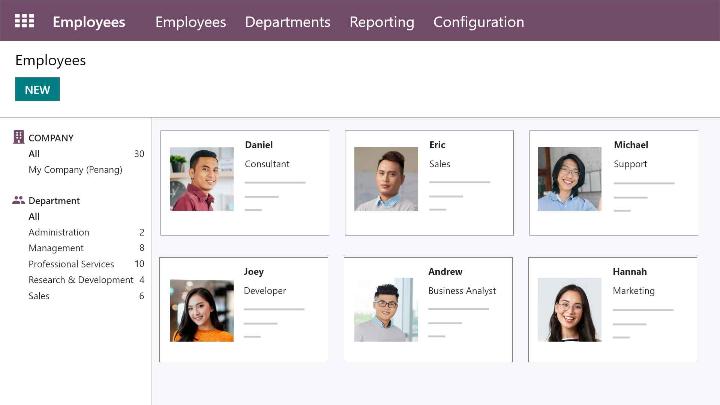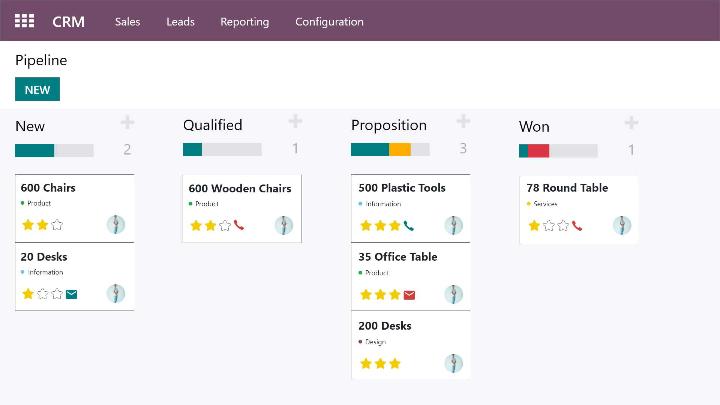What is an ERP system?
ERP stands for Enterprise Resource Planning. An ERP system is a software platform that integrates and manages a company's core business processes.
This includes accounting, inventory, and supply chain management, human resources, customer relationship management, and more.
The system provides a centralized view of all these processes, allowing companies to manage their operations more efficiently.
ERP For Malaysian SMEs
Small and medium-sized enterprises (SMEs) make up the majority of businesses in Malaysia.
Despite their size, SMEs face many of the same challenges as larger organizations, including managing their operations efficiently and effectively.
ERP systems can help SMEs overcome these challenges by providing a centralized platform for managing their operations.
It helps SMEs automate their processes, reduce manual errors, improve data accuracy, and enhance collaboration among teams.
Implementing an ERP system in Malaysia can bring numerous benefits, such as:
Improved productivity and efficiency
Better decision-making
Enhanced customer experience
Cost savings
 Improved productivity and efficiency
Improved productivity and efficiency
With an ERP system, businesses can automate many of their manual processes, reducing the risk of errors and improving efficiency.
 Better decision-making
Better decision-making
An ERP system provides real-time insights into a company's operations, enabling management to make more informed decisions.
 Enhanced customer experience
Enhanced customer experience
An ERP system enables businesses to manage customer data more effectively, improving their overall experience.
 Cost savings
Cost savings
By streamlining processes and reducing errors, an ERP system can help businesses save money.
ERP System In Malaysia
In Malaysia, the adoption of ERP systems has been growing rapidly over the years.
The availability of advanced technology and the need for efficient business management solutions have contributed to the increased demand for ERP systems in Malaysia.
The Malaysian government has also been promoting the adoption of technology in businesses, including the adoption of ERP systems.
The Malaysia Digital Economy Blueprint 2021-2030, launched by the government in 2021, aims to accelerate the adoption of digital technologies, including ERP systems, among Malaysian businesses.
There are many ERP systems available that cater to the needs of Malaysian businesses. One such system is the Odoo ERP system.
Odoo ERP system
Odoo is an open-source ERP system that provides a wide range of features and modules to help businesses manage their operations more efficiently. Some of the key features of Odoo include:
Odoo Accounting
Odoo Inventory Management
Odoo Human Resource
Odoo CRM
 Odoo Accounting
Odoo Accounting
Odoo's accounting module provides a comprehensive solution for managing finances, including invoicing, payments, and reporting.
 Odoo Inventory Management
Odoo Inventory Management
Odoo's inventory module allows businesses to manage their inventory in real-time, from tracking stock levels to forecasting demand.
 Odoo Human Resources
Odoo Human Resources
Odoo's HR module provides a range of features to manage employee data, including time off, benefits, and more.
 Odoo Customer Relationship Management
Odoo Customer Relationship Management
Odoo's CRM module enables businesses to manage customer data more effectively, including sales leads, opportunities, and customer support tickets.
Implementing an ERP system such as Odoo can bring numerous benefits to Malaysian businesses. It can help them streamline their operations, improve efficiency, and ultimately, drive growth.
Conclusion
In conclusion, an ERP system is a powerful solution for businesses looking to streamline their operations and improve their efficiency. For Malaysian businesses, in particular, implementing an ERP system can bring numerous benefits, from improved productivity to cost savings.
Odoo ERP system is a great option for businesses in Malaysia, providing a comprehensive set of features and modules to help them manage their operations more effectively.
By implementing an ERP system, Malaysian businesses can stay competitive in today's fast-paced digital economy.